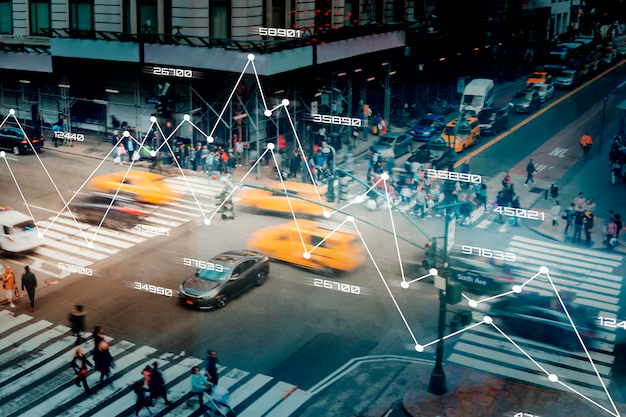In today’s interconnected world, the relationship between technology and politics is increasingly influential, shaping the way governments, political parties, and citizens interact. From social media platforms influencing election outcomes to the use of big data in policy decisions, the digital age has introduced new challenges and opportunities in the political sphere. Navigating this intersection requires careful consideration of the ethical, legal, and social implications of technological advances.
The Influence of Technology on Politics
The digital revolution has transformed political campaigns, governance, and public discourse. Politicians now use social media as a direct channel to engage with voters, bypassing traditional media outlets. The use of platforms like Facebook, Twitter, and Instagram has allowed for real-time communication, enabling candidates to mobilize supporters and spread their messages globally. However, this also opens the door to misinformation and the rapid spread of fake news, which can manipulate public opinion and sway elections.
Additionally, big data analytics has allowed for more targeted political advertising. By analyzing citizens’ digital footprints, political parties can craft personalized messages aimed at specific groups, increasing the chances of influencing voters. This shift has raised concerns about privacy and the ethical use of personal data in the political arena.
Political Surveillance and Privacy Concerns
As governments adopt new technologies to monitor and protect their citizens, the fine line between security and privacy becomes increasingly blurred. Surveillance technologies such as facial recognition and mass data collection tools raise alarms about civil liberties and the right to privacy. In democratic societies, these technologies can be used for security purposes but could also be exploited for political gain or repression, creating a dangerous precedent for abuse.
Artificial Intelligence in Governance
Artificial intelligence (AI) is also making its way into government services. AI systems are being used to predict political trends, automate bureaucratic tasks, and even assist in drafting legislation. While AI has the potential to increase efficiency and streamline governance, there is a risk that these systems could reinforce existing biases and inequalities if not carefully designed and implemented. Ensuring that AI-driven decisions are transparent and accountable is essential to maintaining public trust.
The Role of Technology in Political Activism
On the other hand, technology has empowered political movements and social activism. Platforms like Twitter and YouTube have been essential tools for organizing protests, advocating for social change, and shedding light on issues often overlooked by mainstream media. Movements like #MeToo and Black Lives Matter have demonstrated the power of digital platforms in mobilizing millions and sparking global conversations.
However, the dark side of this influence is also evident. The proliferation of hate speech, cyberbullying, and online extremism has sparked debates about the responsibility of tech companies in moderating content. Striking a balance between free speech and preventing harmful rhetoric is one of the central challenges of the digital age.
FAQs
- How has technology changed political campaigns? Technology has revolutionized political campaigns by enabling direct engagement with voters, using social media, big data, and targeted advertising.
- What role does artificial intelligence play in politics? AI assists in decision-making, automates tasks, and helps predict political trends, but it can also perpetuate biases if not properly managed.
- Are there privacy concerns in political surveillance? Yes, surveillance technologies can infringe on individual privacy, raising concerns about the balance between security and civil liberties.
- How has social media impacted public opinion? Social media allows for immediate and widespread information dissemination, but it also enables the spread of misinformation and fake news.
- Can technology help in social activism? Yes, platforms like Twitter and Instagram have been powerful tools for mobilizing political movements and driving social change.
- What are the risks of targeted political advertising? Targeted ads can manipulate voters by tailoring messages based on personal data, raising concerns about privacy and ethical boundaries.
- How can governments regulate technology in politics? Governments must create laws and guidelines to ensure the ethical use of technology in politics while protecting privacy and promoting transparency.
Conclusion
The intersection of technology and politics is complex and evolving. While technology offers numerous benefits, such as enhancing political engagement and improving governance, it also brings significant challenges, particularly around privacy, misinformation, and bias. Governments, political parties, and tech companies must work together to navigate these challenges responsibly, ensuring that technology is used for the greater good without compromising democratic values.

